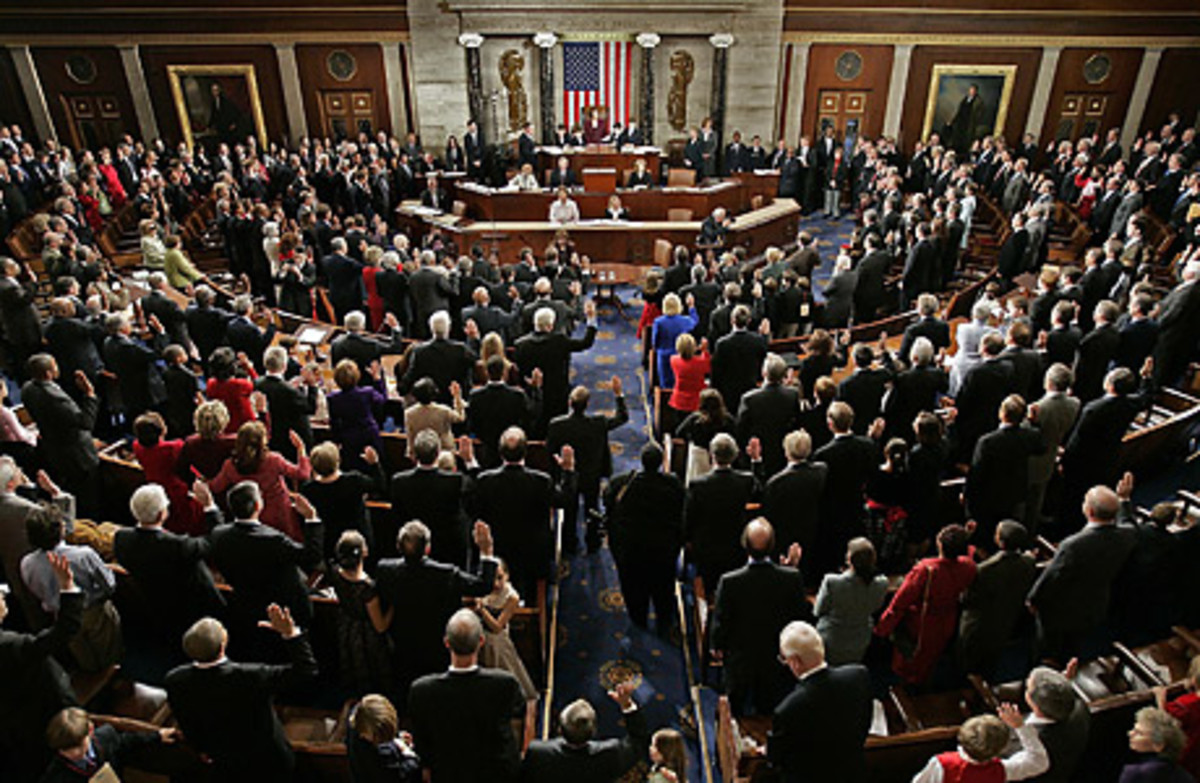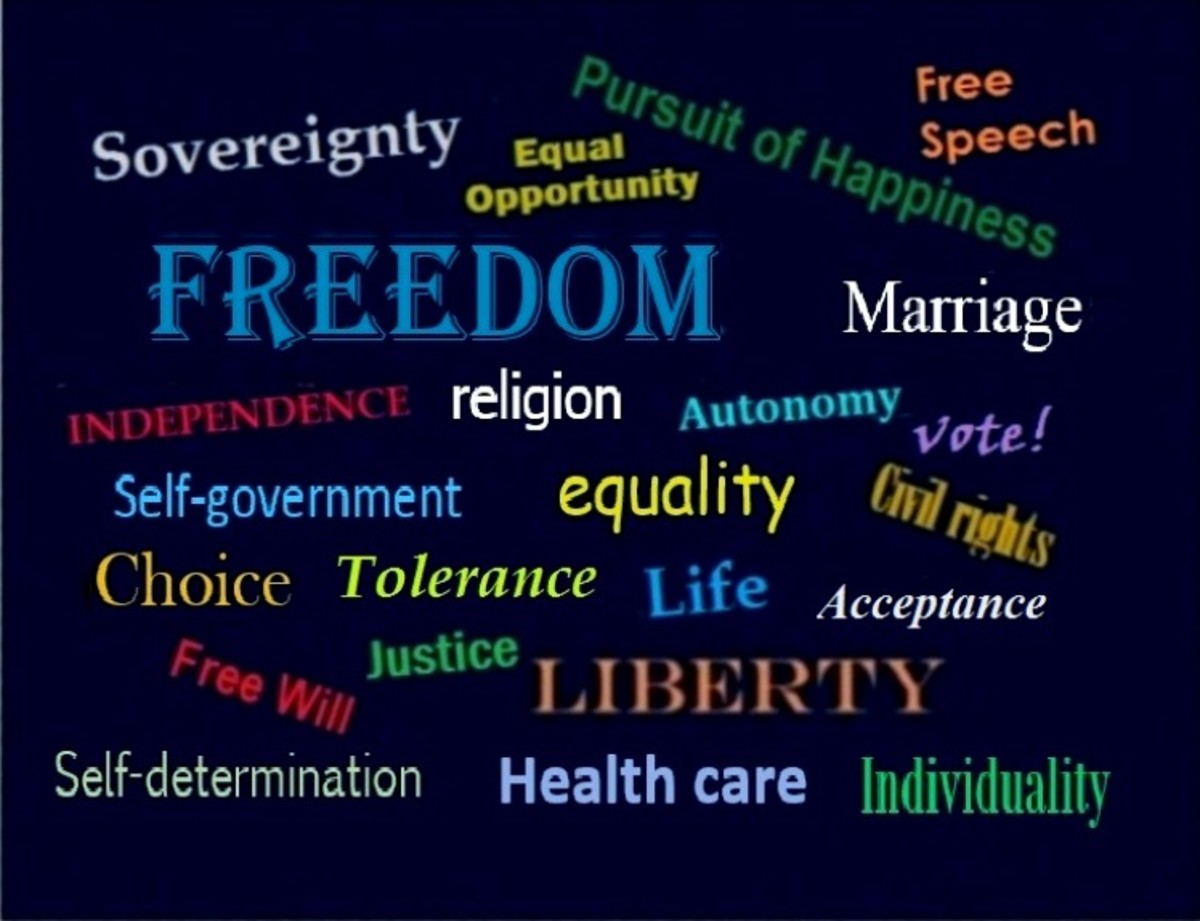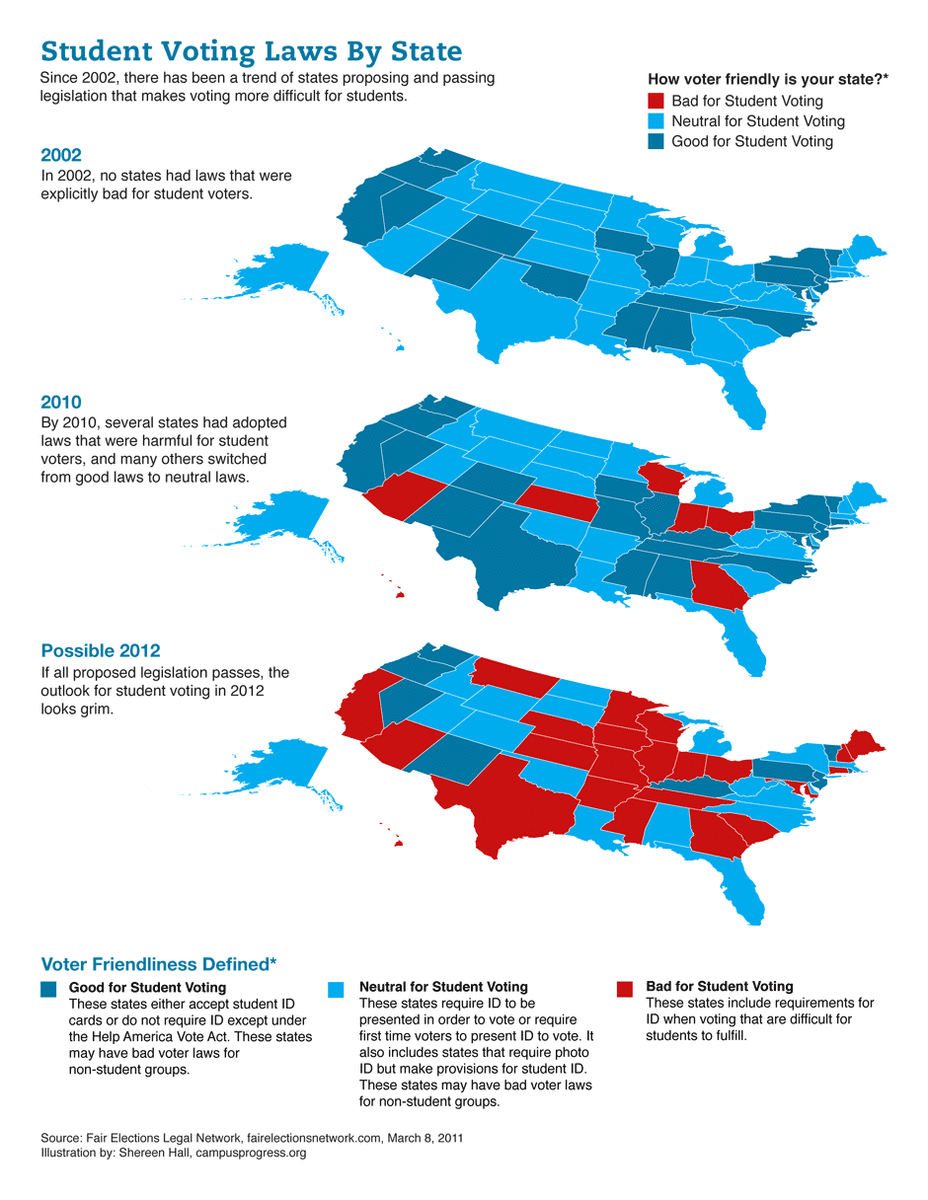Understanding the duties and responsibilities of the United States Congress Part II
The progress of Science and useful arts is another important function and responsibility of Congress. The involvement of these areas of society can and does affect how our country ranks in the area of Science. In addition processes such as copyright and patents are major areas which writers/authors in protecting their rights for the work they do such as articles and books. Copyright infringement involves another individual or organization using material someone else has created without permission being granted by the owner. In terms of patents, many discoveries are made by individuals every day for which they can apply for a patent to protect their invention and potential financial benefit from others claiming it to be theirs’.
The authority of Congress over the military is also a critical function and responsibility. Congress must raise and support Armies, provide and maintain a Navy and make rules for the Government and Regulation of the land and naval forces. In addition the Constitution also requires provisions for calling forth the Militia, which today is recognized to be the National Guard, to execute the Laws of the Union, suppress Insurrections and repel invasions.
According to the Constitution Congress have distinct responsibilities with our various military organizations and the actions with which they are involved. Two specific responsibilities involve supporting the military with appropriation of money to that use shall be for a longer term than two years. In addition to funding Congress has the responsibility for organizing, arming and disciplining the military.
While there are other authorities for which Congress is responsible to make all laws necessary and proper the foregoing powers vested in the Constitution, Congress does have limitations. One restricts Congress from laying taxes on articles exported from any state. Another restriction identifies “No Preference shall be given by any Regulation of Commerce or Revenue to the Ports of one State over those of another: nor shall Vessels bound to, or from, one State, be obliged to enter, clear, or pay Duties in another.”
The next restriction requires that all bills raising revenue must be generated in the House of Representatives. The Senate in its operations can propose or concur in the language in the House legislation. One phrase with which we are all familiar is the writ of Habeas Corpus and Congress cannot suspend this condition of our judicial system except for cases of rebellion, invasion or the public safety may require it. Access to money in the Treasury also has limits and requirements for Congress. Money cannot be withdrawn from the Treasury but in consequence of appropriations. This is accomplished by Congress through appropriation legislation for the various government departments and agencies. In conjunction with the withdrawal of funds a requirement exist for a regular statement and account of receipts and expenditures.
Many if not all the restrictions on Congress make sense and this why they were included when the Constitution was written. The experiences of the colonists when our country first began impacted the content of the Constitution. One specific limitation is clearly the result of these experiences. This restriction involves the fact no title of Nobility shall be granted by the United States and no person holding any office or trust shall accept without the consent of Congress.
In the past there have been issues for impeachment of the President. The House of Representatives in its authority has sole power of impeachment but the Senate has the sole power to try all impeachments. When this occurs the Chief Justice of the Supreme Court shall preside.
There are other limitations but the ones identified are basic to the principles on which this country was found. Our Constitution is a living document and can be changed when it is determined it is necessary. One limitation which was not mentioned is how the Constitution can be changed. Congress in its wisdom can propose amendments to the Constitution when two thirds of both houses shall deem it necessary but it must be accepted by two thirds of the states.








